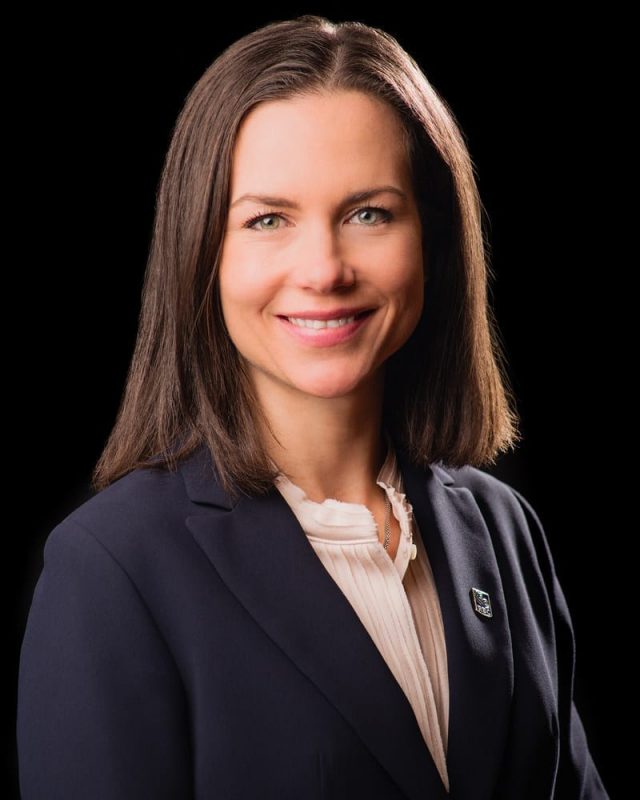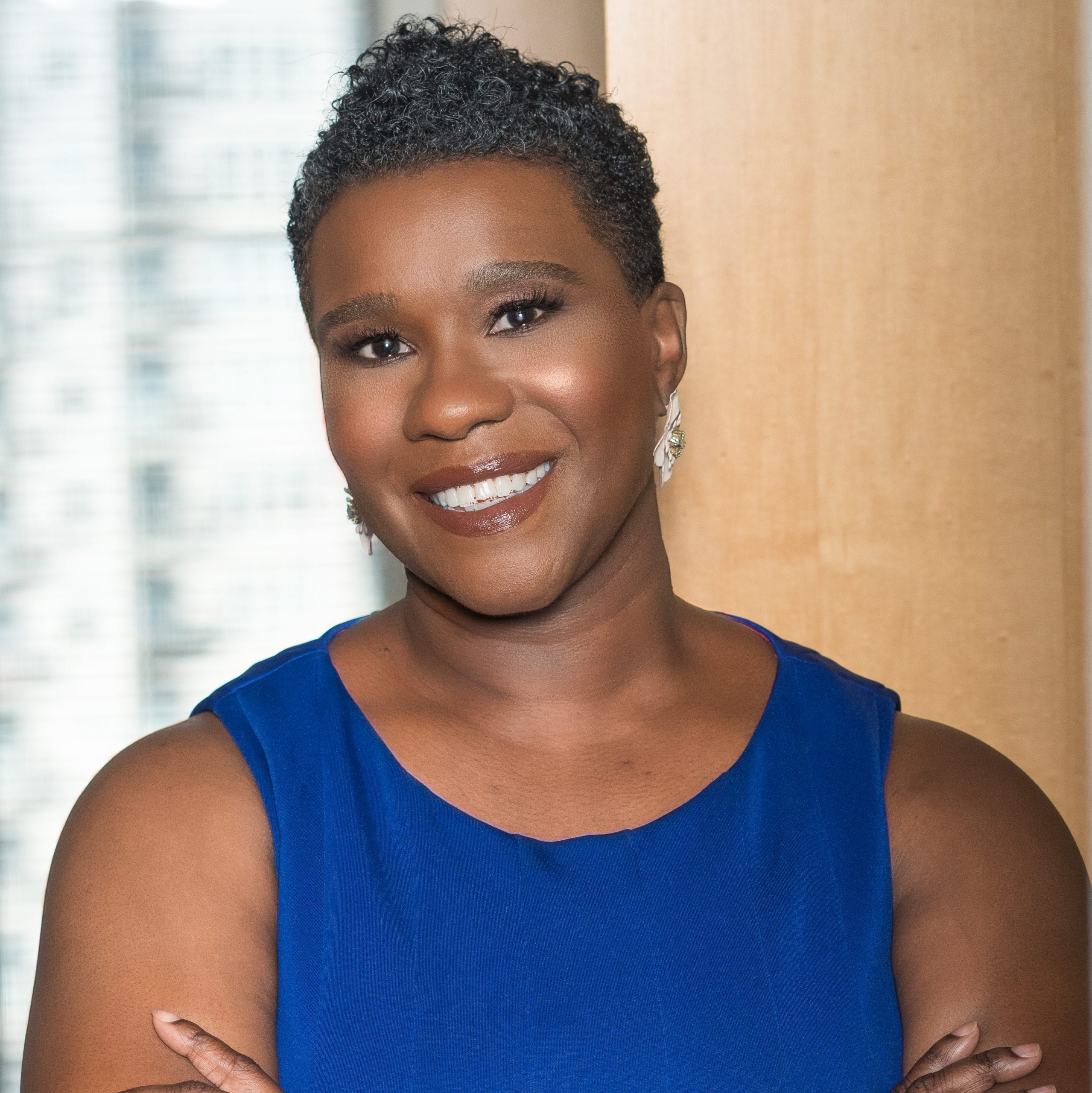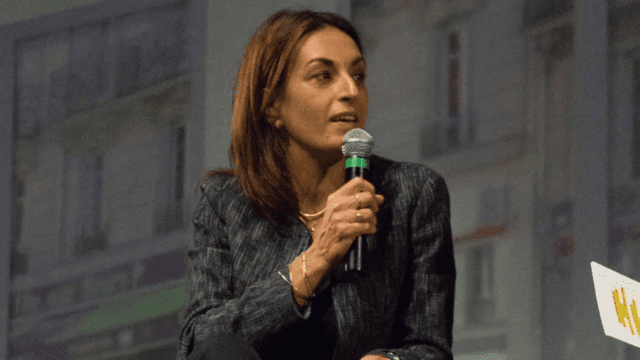100 Days to Become Your Own Best Advisor

I was always able to successfully manage my teams, but I would always find myself second-guessing my decisions and even holding back commentary.
Being a good manager and guiding others through their growth doesn’t exactly mean that you know how to follow your own advice. Stefania Maiorano is a Manager of Product Integration at Bath Fitter, with a background in psychology, which is a double-edged sword. It’s been a tremendous help in understanding others, but has made her quite skeptical about the self-reflection process involved in the Ambition Challenge.
The recent graduate of The A Effect shares the highlights of her journey and the impact of the Ambition Challenge on herself and even on her team.
What mindset did you have at work before you signed up for the Ambition Challenge?
I was mostly focused on making the team grow, helping them become the best versions of themselves. In my mind, a manager needed to get the work done and help the others do the work. They call me the mother hen at work because I’m so engaged in making sure employees are okay. But the downside of that was that I never took the time to check in with myself. Looking back, I’m happy I was selected to do the program. These people have faith in me and they see me going places, so why didn’t I see it too?
What is the most important learning from the journey?
After having the opportunity to share and talk with a variety of women from different walks of life and different countries, it was clear to me that we all faced the same fears and challenges. This helped me let my guard down and truly dive into the program, and I’m so happy I did. Since joining, I’ve been able to complete my challenge and have put so many lessons into play. I feel a sense of confidence in my abilities and decisions that I’ve never felt before, which has trickled into my work. Even my team sees the difference. My job is to be here to improve myself so I can improve my team. It made me switch gears to 50/50 between my team and me, instead of 100% just for my team.
You say imposter syndrome struck home with you. How so?
Imposter syndrome is the belief that you don’t measure up and the fear that you’ll be exposed as a fraud. And it leads to perfectionism or self-sabotage. I have seen it in my teams, but I also realized that I do that to myself all the time; I silence myself.
I realized I’m not in my own little bubble experiencing this by myself, and others go through the same thoughts and beliefs. It’s okay to share an idea that I don’t think is the best. It’s okay to present my big ideas in meetings.
Part of the exercise around imposter syndrome was a question that became a turning point for me. The question was, “When will you apply this learning in the upcoming days?” And I immediately started planning for this kick-off meeting I had to lead, thinking “what’s the worst that’s going to happen, they’re going to make fun of me?” I was able to share my ideas and start the meeting on the right foot. I didn’t get the rebuttal I feared, and the kick-off made the project run more smoothly. What’s changed from before is that I took a risk, and it paid off.
What has surprised you the most about the impact of the Ambition Challenge?
It’s the feedback I get from my team. Since the program, they’ve noticed that I second guess myself less, that I have faith that I know what I’m doing. I used to double-check everything with my superior and I don’t do that anymore. And it trickles down. I can see my employees gaining more confidence as well. There is one in particular who used to be very reserved, and now she takes charge.
I went into the program reluctantly, but it was eye-opening. The length of the program gave me time to reflect, act, and see myself changing. All of it was a welcome surprise.







